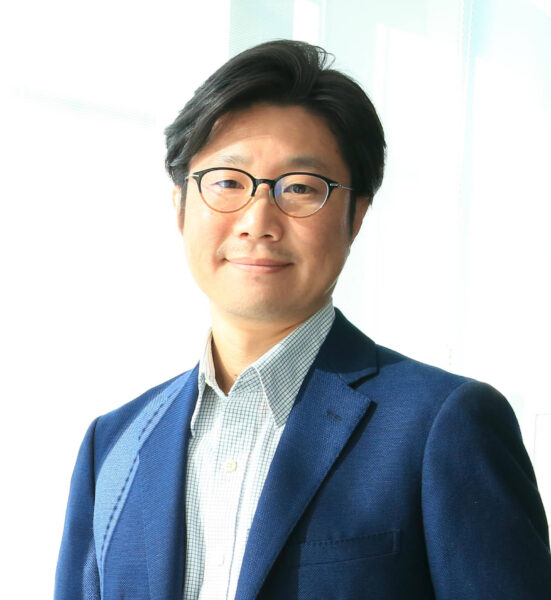Gene regulatory mechanisms in the launch process of T cell development
We’re honoured to welcome Dr. Ellen Rothenberg, Edward B. Lewis Professor of Biology at Caltech, for a special research seminar.
Events
Calendar

- This event has passed.
SBME Seminar: Exploring lung tissue stem cells through developmental biology and organoids – Dr. Mitsuru Morimoto
SBME Seminar: Exploring lung tissue stem cells through developmental biology and organoids
Seminar Abstract:
The lung tissue harbors various types of epithelial tissue stem cells that plays crucial roles in tissue homeostasis and regeneration from acute damage caused by inhaled chemical particles as well as virus/bacterial infections. Because of such important roles, functional disorder of tissue stem cells relates to respiratory diseases. In this seminar, I would like to introduce two our current findings regarding lung tissue stem cells; (1) conserved Tgfb-Id axis in basal stem cells in development and tissue regeneration, (2) finding new lung stem cell population by combining organoid live imaging, single-cell morphometry and single-cell sequencing.

Dr. Mitsuru Morimoto’s Biography
Mitsuru Morimoto is the team leader of the Lab for Lung Development and Regeneration at RIKEN BDR, concurrently holding visiting professorships at Kyoto University and Kobe University. His research focus on elucidating conserved molecular mechanisms involved in lung tissue development and regeneration, particularly investigating dynamics of individual cells in forming complex multicellular systems. Additionally, he is engaged in the development of protocols for inducing respiratory mesenchymal cells from ES/iPS cells.
Location:
LSC 1002 (LT2)